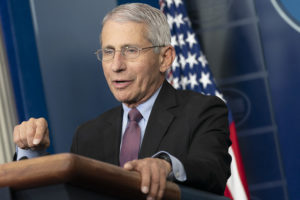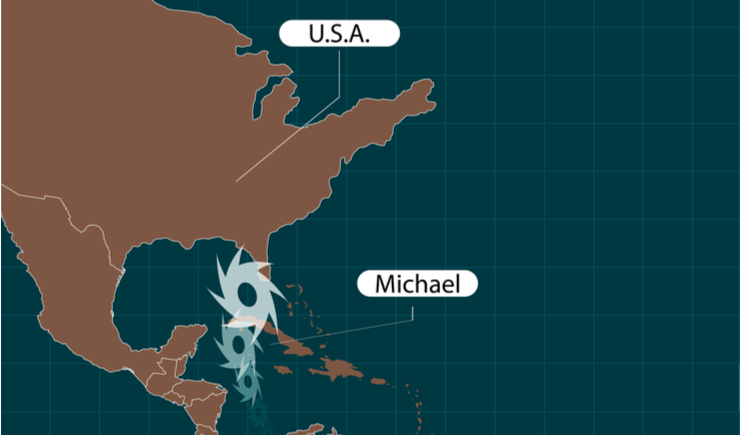
Breaking News: “Hopefully by the time we get to the late spring and early summer we will have children being able to be vaccinated,” Dr. Anthony Fauci said during the White House coronavirus briefing today. “You really can’t make this stuff up,” says Your Survival Guy.
At LewRockwell.com, Dr. Joseph Mercola explains how White House advisor Peter Navarro has cast doubt on the expertise of Dr. Anthony Fauci. Navarro wrote in USA Today that Fauci has been “wrong about everything.” Mercola writes:
The risk we take when listening to Fauci is that, so far, he’s been wrong about most things. In a July 14, 2020, “Opposing View” editorial in USA Today, White House adviser Peter Navarro, director of the Office of Trade and Manufacturing Policy, stated that Fauci “has been wrong about everything that I have interacted with him on.”2 According to Navarro, Fauci’s errors in judgment include:3
•Opposing the ban on incoming flights from China in late January 2020.
•Telling the American people the novel virus outbreak was nothing to worry about well into February.
•Flip-flopping on the use of masks — first mocking people for wearing them, and then insisting they should. In fact, mid-July, he suddenly urged governments to “be as forceful as possible” on mask rules.4
•Claiming there was only anecdotal evidence supporting the use of hydroxychloroquine, when the scientific grounds for it go as far back as 2005, when the study,5 “Chloroquine Is a Potent Inhibitor of SARS Coronavirus Infection and Spread,” was published in the Virology Journal.
Fauci should have been well aware of this publication. According to that study,6 “Chloroquine has strong antiviral effects on SARS-CoV infection of primate cells. These inhibitory effects are observed when the cells are treated with the drug either before or after exposure to the virus, suggesting both prophylactic and therapeutic advantage,” the study authors said. In other words, the drug worked both for prevention and treatment.
As noted by Navarro, more recent research found hydroxychloroquine reduced the mortality rate among COVID-19 patients by 50% when used early.
Interestingly, in a March 24, 2020, interview7 with Chris Stigall, Fauci did say that — were he to speak strictly as a doctor treating patients — he would certainly prescribe chloroquine to COVID-19 patients, particularly if there were no other options.
Then, in August, he flipped back to insisting hydroxychloroquine doesn’t work,8 even though by that time, there were several studies demonstrating its effectiveness against COVID-19 specifically.
So, it appears Fauci has had a hard time making up his mind on this issue as well, on the one hand dismissing the drug as either untested or ineffective against COVID-19, and on the other admitting it would be wise to use, seeing how the options are so limited.
Navarro continues:9
“Now Fauci says a falling mortality rate doesn’t matter when it is the single most important statistic to help guide the pace of our economic reopening. The lower the mortality rate, the faster and more we can open. So when you ask me whether I listen to Dr. Fauci’s advice, my answer is: only with skepticism and caution.”
Mercola has been a critic of the severe response to COVID-19. He has wondered if the Fauci-inspired lockdowns did more harm than good.
Blue state politicians were more focused on scoring political points than preserving the livelihoods of their constituents. They went wild, protecting the rich at the expense of the small business owners and employees in their states.
Action line: Examine where your state’s economy is today compared to the others in the country. If you live in one of these states with the ten highest unemployment rates, it may be time to elect new management:
- Massachusetts (17.4%)
- New Jersey (16.6%)
- New York (15.7%)
- Nevada (15%)
- California (14.9%)
- Michigan (14.8%)
- Illinois (14.6%)
- Hawaii (13.9%)
- Pennsylvania (13%)
- Delaware (12.5%)



